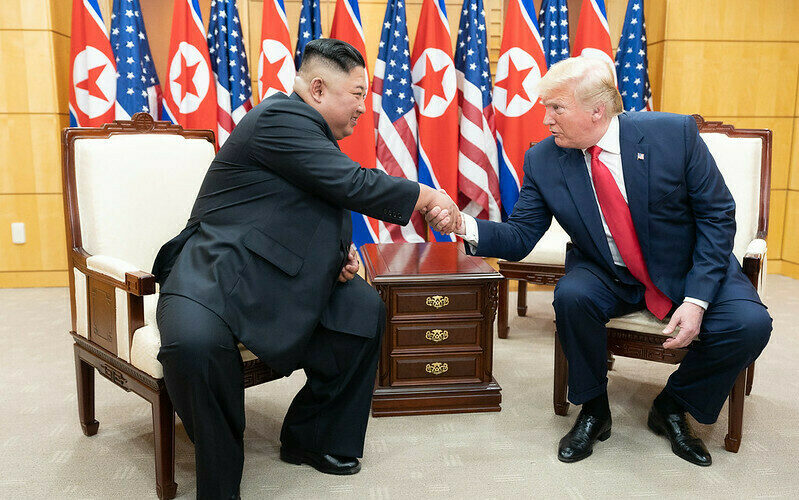About the Author
Dan DePetris
Daniel R. DePetris is a fellow at Defense Priorities and a foreign affairs columnist at Newsweek.

Get behind the headlines
|
Opinion Why establishing a peace regime on the Korean peninsula is long overduePresident Trump will need to break outdated Cold War thinking in Washington if progress is to be made with the DPRK  Views expressed in Opinion articles are exclusively the authors’ own and do not represent the views of NK News. Senior U.S. national security officials give speeches and participate in think-tank events in Washington, DC nearly every week. © Korea Risk Group. All rights reserved. |